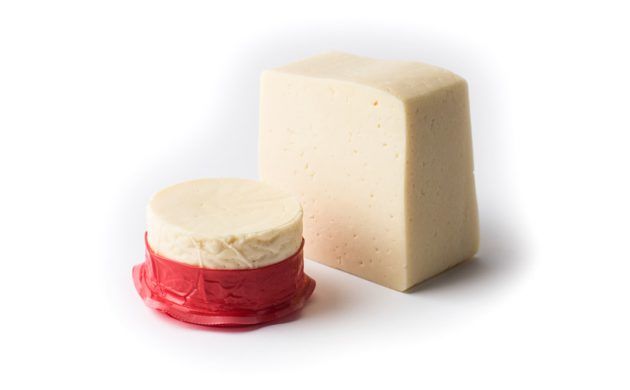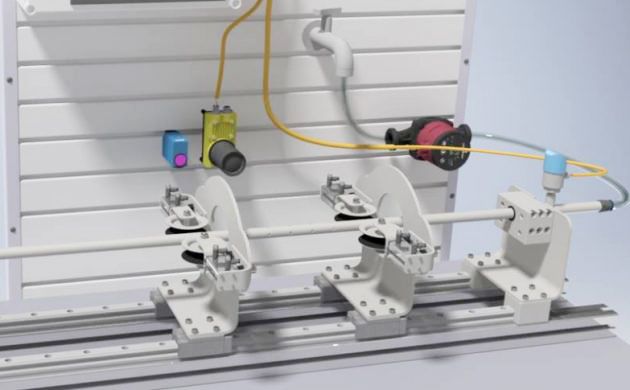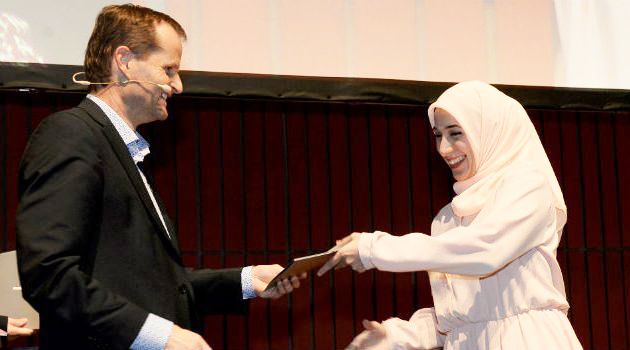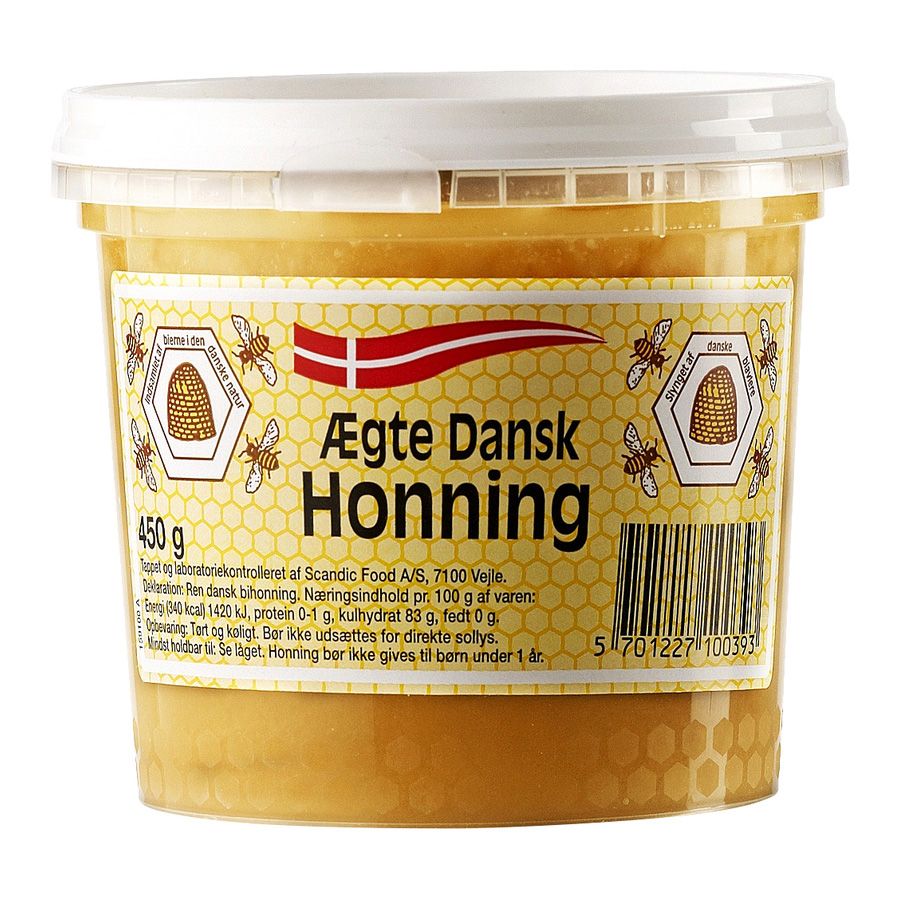The new left-wing government and its allies have been busy demonstrating they are in touch with the demands of the modern world, and nowhere has this been clearer than in the realm of science and technology.
Politicians have been falling over one another to express reviews relating to agriculture, health, climate, education and food – but how much of it is prescribed wisdom, and how much of it is pie in the sky?
AI: serious pledge
The government is investing 67 million kroner into eight AI projects focusing on the diagnosis and treatment of serious and life-threatening diseases – most notably cancer.
“This is not just about increased efficiency and smoother workflows for employees – it can actually have a direct impact on whether patients survive a critical illness or not,” explained the health minister, Magnus Heunicke.
Verdict: Sounds serious
Arable land goal
Radikale wants to convert one third of Denmark’s farmland into nature by 2050 – by asking farmers to volunteer and paying for the land by raising the corporate tax rate for the financial sector.
Ida Auken, the party’s spokesperson for climate issues, reckons 1 billion kroner is needed a year, as “one of the things that really works is taking land out of service, especially the vulnerable soils”.
Verdict: Volunteerism never works
Detecting dyslexia
Pernille Rosenkrantz-Theil, the minister of children and education, wants kids to be tested for dyslexia in kindergarten. Current provisions tend to favour the third grade for testing – the point when most children have attained a reasonable reading proficiency – but the track record isn’t good.
The government also intends to adapt dyslexia tests for children and young people with Danish as a second language.
Verdict: Running before walking
Honey we’re home!
The food minister, Mogens Jensen, wants to remove the Danish flag from foreign honey jars, as it is “misleading Danish consumers”.
He intends to ask the Danish Veterinary and Food Administration to change the guidelines on manufacturers starting from 2020. A similar practice recently took place in Sweden.
Verdict: Spread the news!
Say cheese everyone

Danish dairy producers are jubilant following an EU decision to award the Havarti cheese the Protected Geographical Indication logo – previously only given to Danablu, Esrom and Danbo – meaning only home-produced Havarti, using Danish milk and at approved dairies that are regularly checked, will be permitted to use the name. The decision will mean large German and Spanish producers will have to rename their products. Havarti cheese was first produced at Havarthigaard, a farm north of Copenhagen, in the 1850s. Denmark produces around 17 million kilos every year. (TM)
Not on the CO2 program

If Denmark stands any chance of reaching its ambitious target of reducing its CO2 emissions by 70 percent by 2030, its biggest climate sinners need to get with the program. But that’s not happening. Since 2013, the 95 Danish companies required by EU legislation to restrict their emissions, which account for about half of all Danish industry emissions, have increased their overall CO2 output by 17 percent, with cement producer Aalborg Portland leading the way with 2.2 million tonnes last year – a rise of 33 percent. Only 42 of the companies have managed to reduce emissions. (CW)
Chinese bangers solution

There’s no denying the Danes love their sausages. But few of them know that Danish sausages are sent thousands of miles to China and back again before ending up on grills or in frying pans, because it is economically viable to send pig intestines to China to have them hand-measured before transporting them back for casing production. But that might soon end, as 73-year-old Danish pensioner Jan Pedersen has invented a machine that can measure the diameter of an intestine in ten seconds, which he hopes will save 70 percent of the costs of using China. (CW)
Diagnostics breakthrough

Fatima AlZahra’a Alatraktchi, the founder of the medical firm PreDiagnose, has made a splash in the scientific community for her research into diagnostics. Her work involves new sensors for the detection of cellular molecules and micro-organisms in what could be the next generation of technology for early diagnostics for bacterial illnesses. Alatraktchi hopes her technology will not only reduce the time it takes to diagnose a patient, but also provide a tool to prescribe the exact treatment the infection demands, along with greatly reducing antibiotic consumption. (TM)
App to identify mushrooms

If you’re worried your foraged mushrooms might not be fit for the dinner table, there is help on the way. Researchers from the University of Copenhagen have developed a free app that can identify mushrooms – and help foragers avoid the poisonous ones – via digital photo recognition. The app functions by analysing and identifying users’ photos. However, researchers warn that mushroom foragers should not solely rely on the app. Poisonous mushrooms tend to cause two deaths every year in Denmark, as well as requiring a further two people to get liver transplants. (CW)
Potatoes under threat
Recent heavy rain is seriously jeopardising the potato harvest by rotting the vegetables before they can be unearthed. Some 10-20 percent of the total volume will probably be lost, which will hit exports hard, as Denmark tends to sell 95 percent of its annual yield abroad.
Kids love robots
A robot school run by volunteers at Teknologiskolen in Odense is proving popular with children. They principally learn about the coding behind the robots’ automation and a recent donation of 2 million kroner should enable the school can expand into Funen and southern Jutland.
Burning more than ever
Some 3.2 million tonnes of wood pellets were burned in Denmark in 2018 – half a million more than in 2016. The government claims it is CO2-neutral and that they are Denmark’s biggest green energy source. Some 3 million tonnes were imported – mostly from the Baltics.
Men love solariums
Some 15 percent of men and 12 percent of women use solariums in Denmark – compared to 16 and 34 percent eleven years ago. Solarium users are 60 percent more likely to get skin cancer. Only 51 percent of the adult population have never used one.
CO2 cuts = more taxes
Lars Aagaard, the CEO of energy advocacy organisation Dansk Energi, has told Berlingske that income tax should be raised in order to meet the goal of a 70 percent CO2 reduction by 2030. However, 44 percent of the public disagree, with only 36 percent backing Aagaard.
Silver cache discovered
A treasure of 1,000 silver coins from the Middle Ages – a mix of Danish and northern German from the 1400s – has been found in Vejle close to a forest. A local museum employee joined the dots after several coins were found in the area, and he quickly found the cache with a detector.











